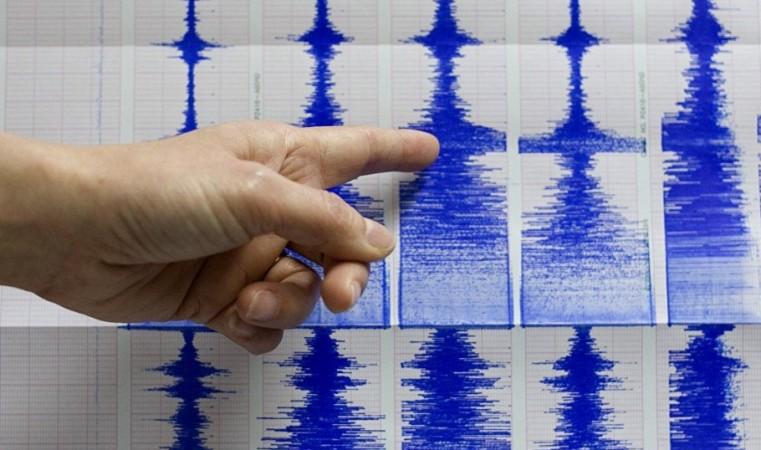Loud booms have been sparking fear among residents of coastal North Carolina for the past 150 years, and until now, scientists have not succeeded in unraveling these mysterious sounds also known as the 'Seneca Guns'. The booms reported in the area were powerful enough to rattle windows and vibrate buildings.
Scientists analyze causes
As mysteries surrounding these loud booms deepen, scientists are using seismic data to pinpoint where the explosions come from. Researchers who took part in this study presented their findings on December 07, at the annual meeting of the American Geophysical Union which was held virtually due to the COVID-19 restrictions. However, the new study also failed to determine the exact cause of these loud Seneca Guns booms.
James Fenimore Cooper, a popular writer who described the loud booms from Lake Seneca in his book 'The Lake Gun' had called these sounds very similar to the explosion of a heavy piece of artillery.

"The report is deep, hollow, distant, and imposing. The lake seems to be speaking to the surrounding hills, which send back the echoes of its voice in accurate reply. No satisfactory theory has ever been broached to explain these noises," Cooper wrote in his book.
During the new study, researchers created a catalog of instances of the Seneca Guns, and they later tried to verify them with actual seismo-acoustic data to determine whether they are connected with seismic activities on earth. However, researchers were surprised to know that none of these booms coincided with earthquake events.
Atmospheric phenomena behind loud booms
Scientists, in their recently presented study report, claimed that these loud booms could be most probably related to an atmospheric phenomenon.
"Generally speaking, we believe this is an atmospheric phenomenon — we don't think it's coming from seismic activity, we're assuming it's propagating through the atmosphere rather than the ground. The data I've mostly focused on in this project is infrasound data rather than seismic," Eli Bird, an undergraduate studying geological sciences at the University of North Carolina at Chapel Hill told Live Science.
According to researchers, one possible cause that could result in these booms might be bolides. Bolides are fast-traveling space rocks that explode after entering the earth's atmosphere. Scientists also suggested that the sonic boom caused by military vehicles could be another cause of these mysterious sounds.
However, scientists who took part in the study failed to find a real cause behind this phenomenon, and even after 150 years, the Seneca guns boom continues to baffle experts.

















